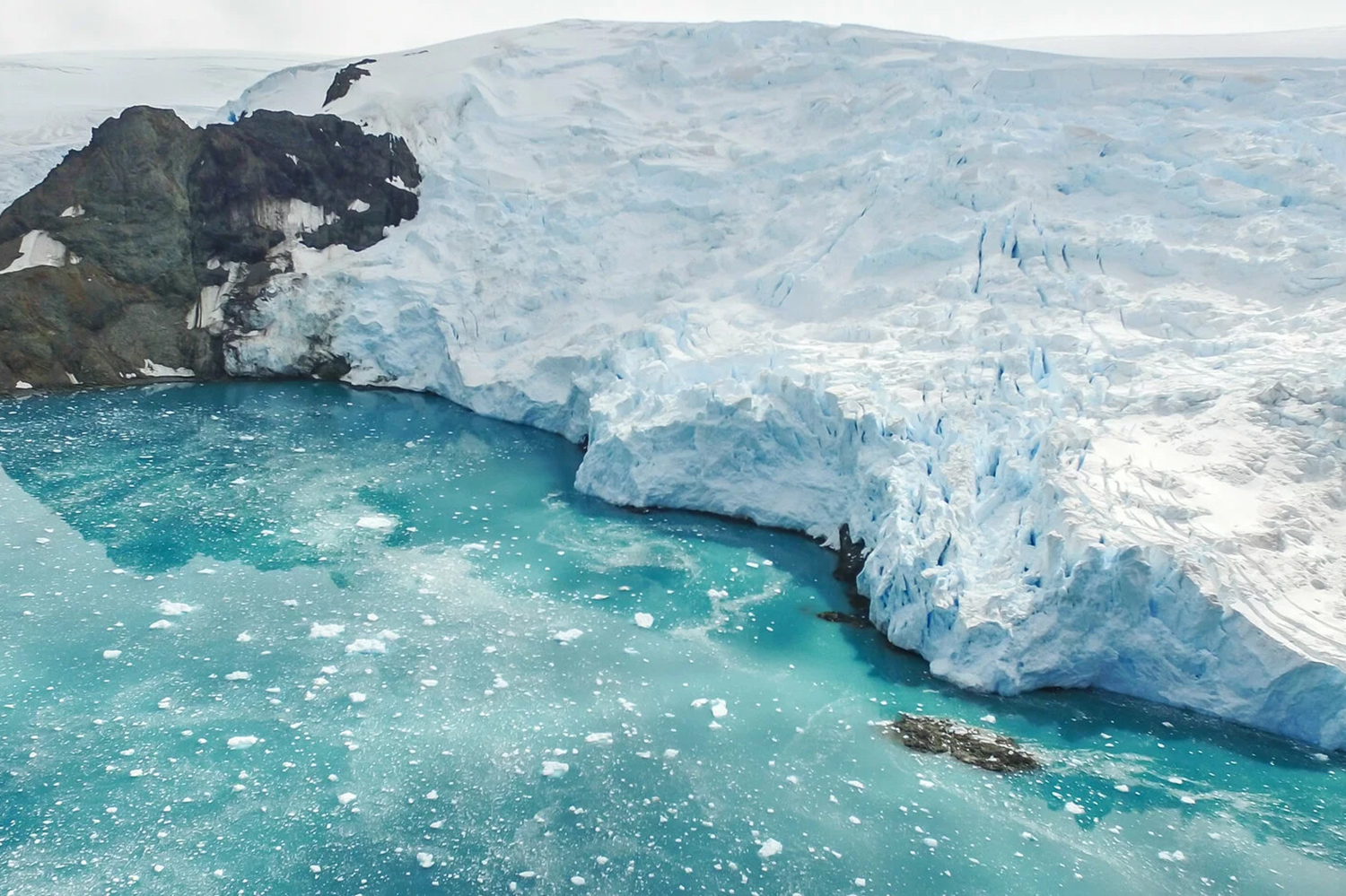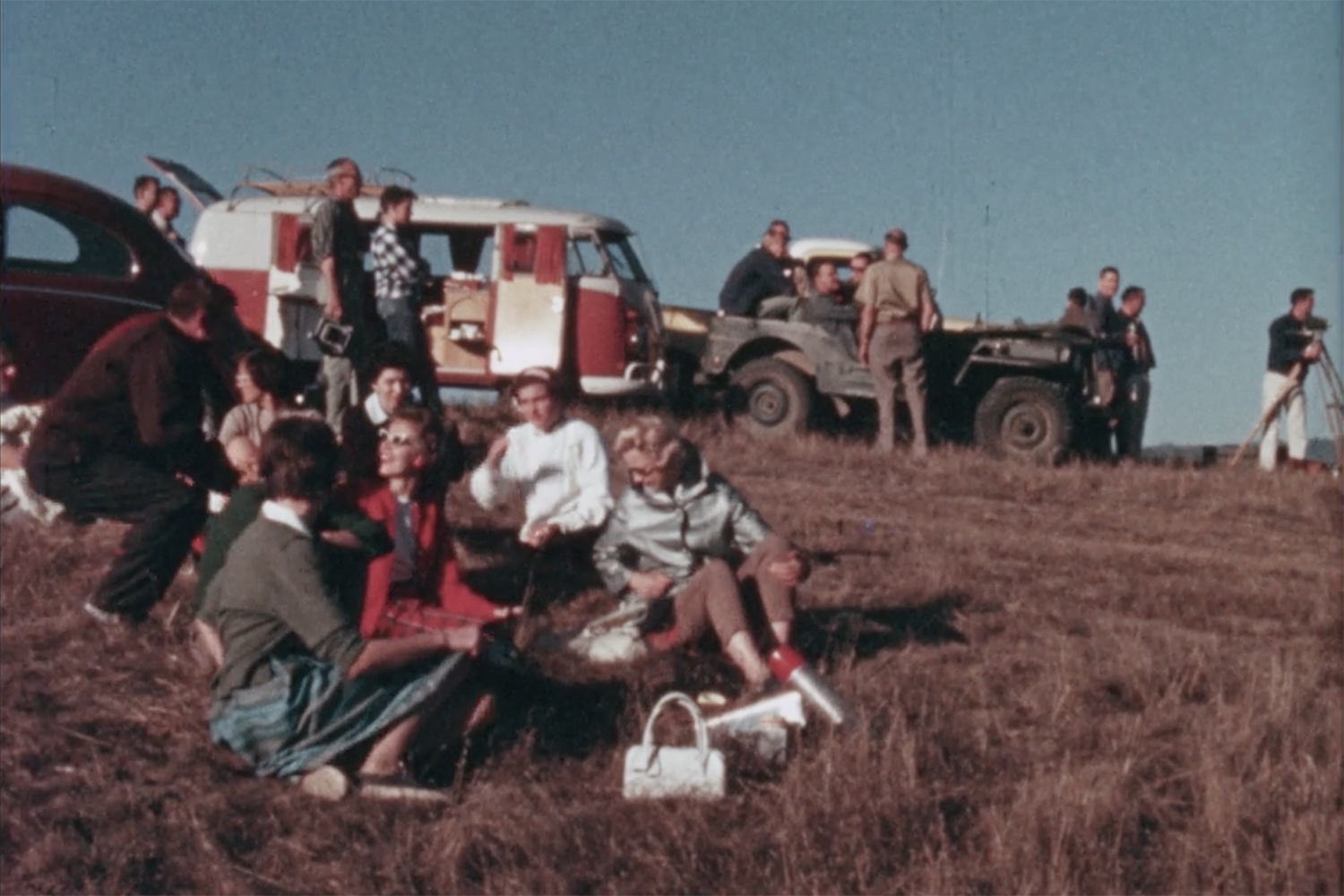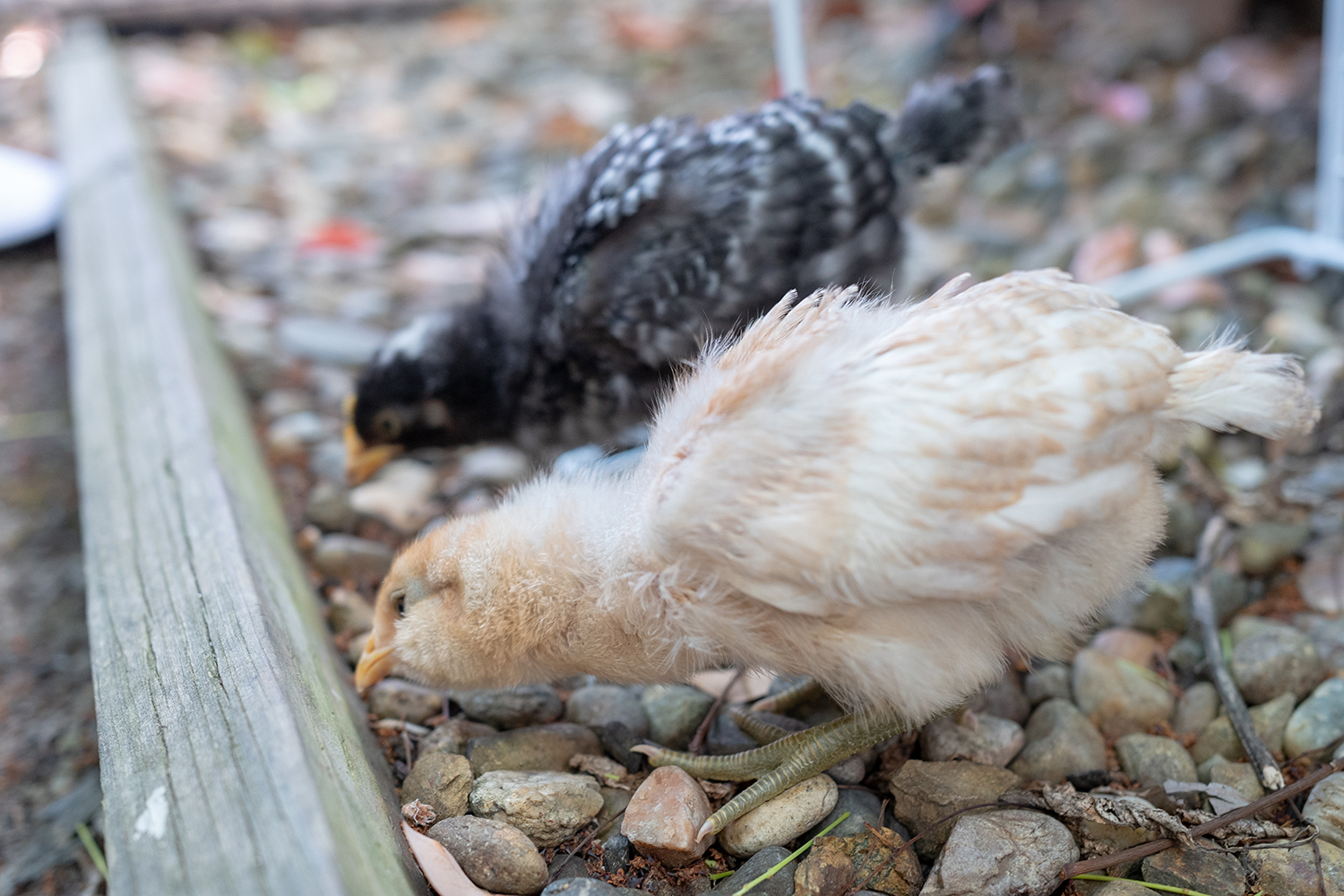
Stanford Football announces Frank Reich as interim head coach for 2025 season
Institutional NewsNews
Reich is one of the sport’s most well-respected offensive minds thanks to over 30 years in professional football, combining a 14-year playing career as an NFL quarterback with 18 seasons in various coaching roles.

Melting ice and more rain drive Southern Ocean cooling
Earth & ClimateResearch
Stanford researchers found increased meltwater and rain explain 60% of a decades-long mismatch between predicted and observed temperatures in the ocean around Antarctica.

Film digitization project brings university’s history to life
Libraries & ArchivesNews
Stanford University Libraries are digitizing films from the 1920s onward, providing a lens into key historical moments while presenting new research opportunities for students and faculty.

U.S. textbooks portray Asians in a limited and negative light, new study shows
EducationResearch
An AI-driven analysis of widely used textbooks found that only 1% of sentences contained any mention of Asians or Asian Americans – and most of the references were related to war and foreign affairs rather than contributions to society.
In the news

What we have done, for the first time, is we have seen that little droplets, when they’re formed from water, actually emit light and get this spark. That’s new. And that spark causes all types of chemical transformations.”
Richard Zare, professor of chemistry, on new research that suggests “microlighting” may have sparked life on Earth.
New Parkinson’s treatment developed at Stanford could help millions
Adaptive Deep Brain Stimulation isn’t a cure – but it’s a total game changer.
‘Human activity on a massive scale’: a photo exhibition tackles the climate crisis
Photographs from across the globe capture the impact of people on the climate – and of the climate on people.
Upcoming events
View all Upcoming events






